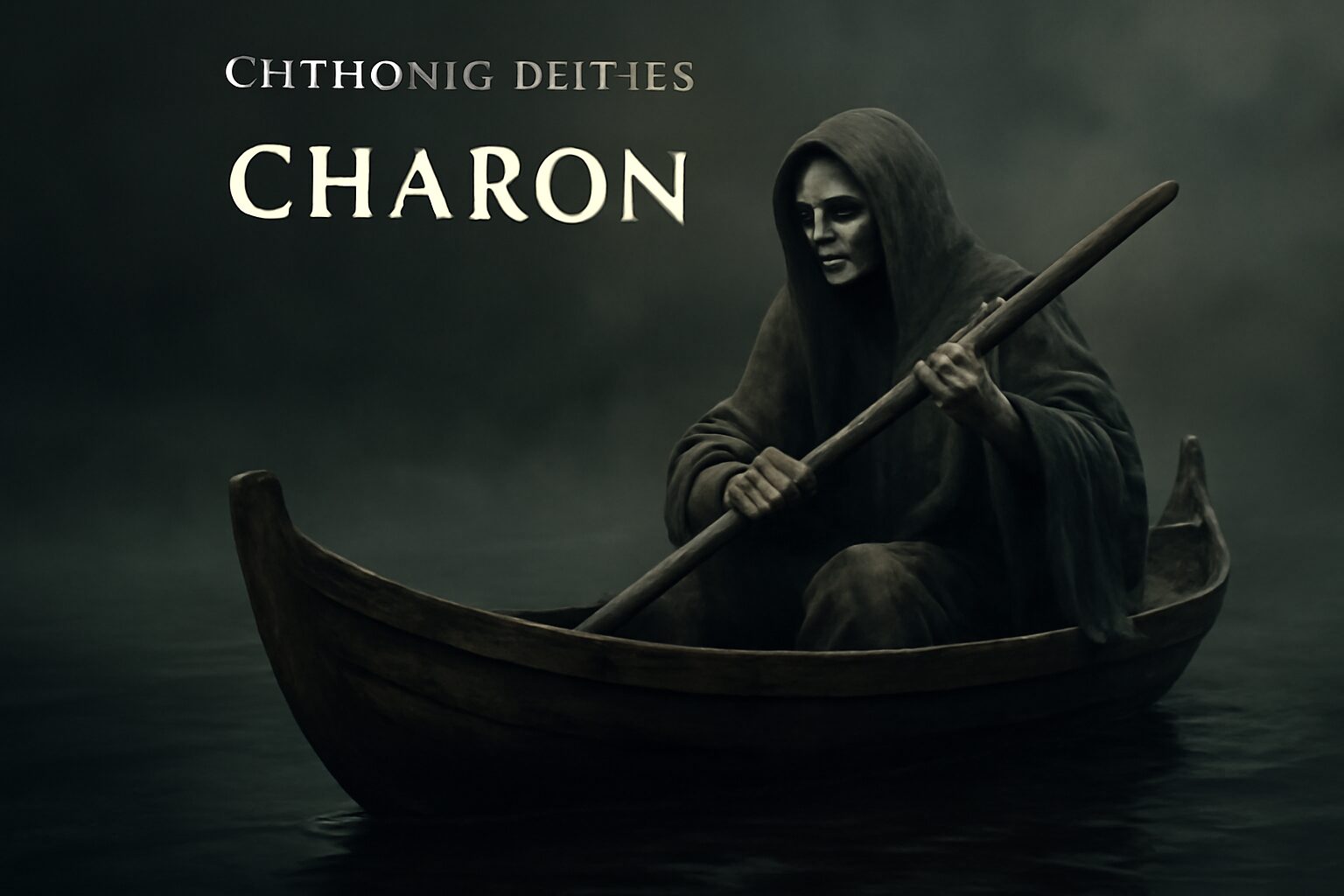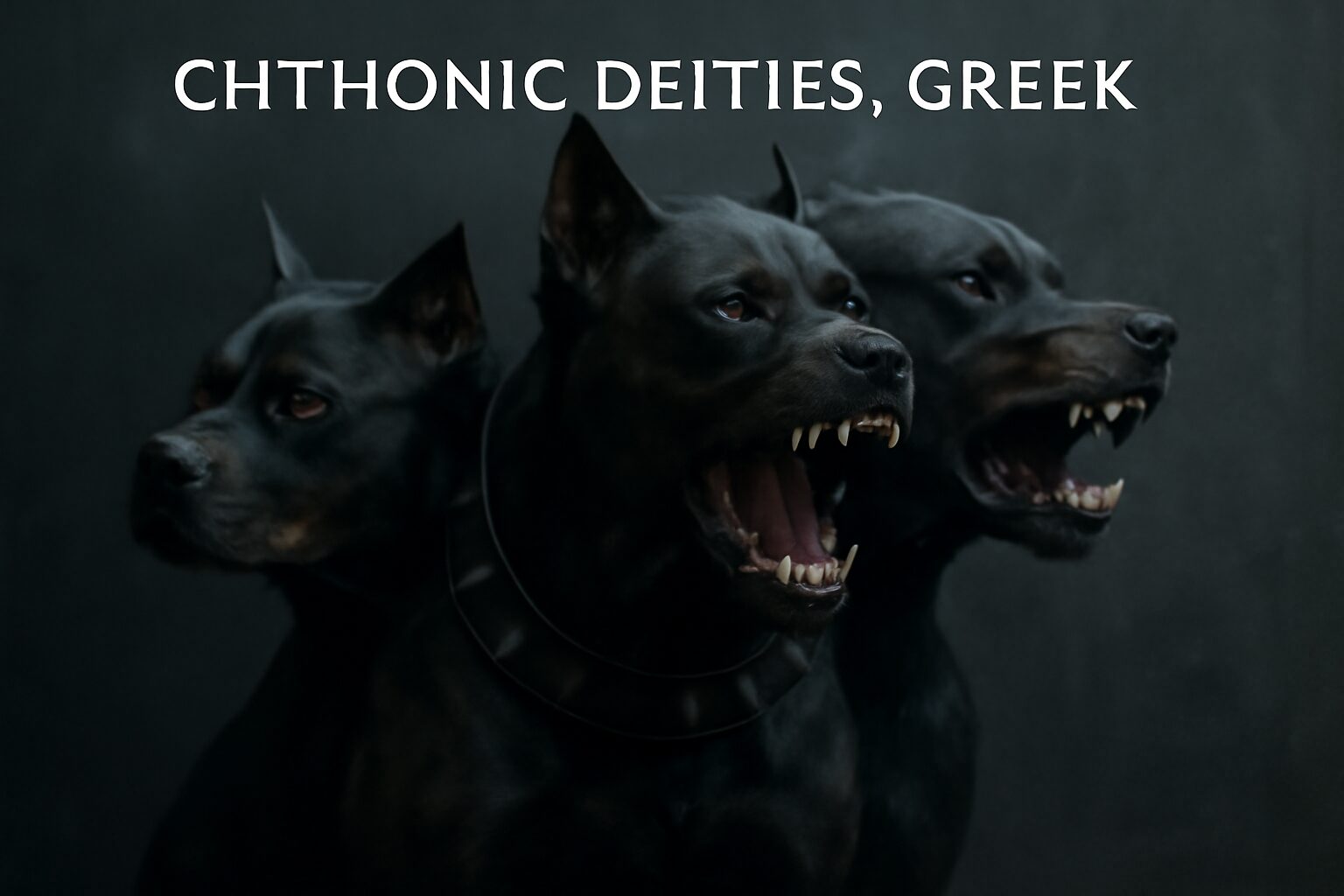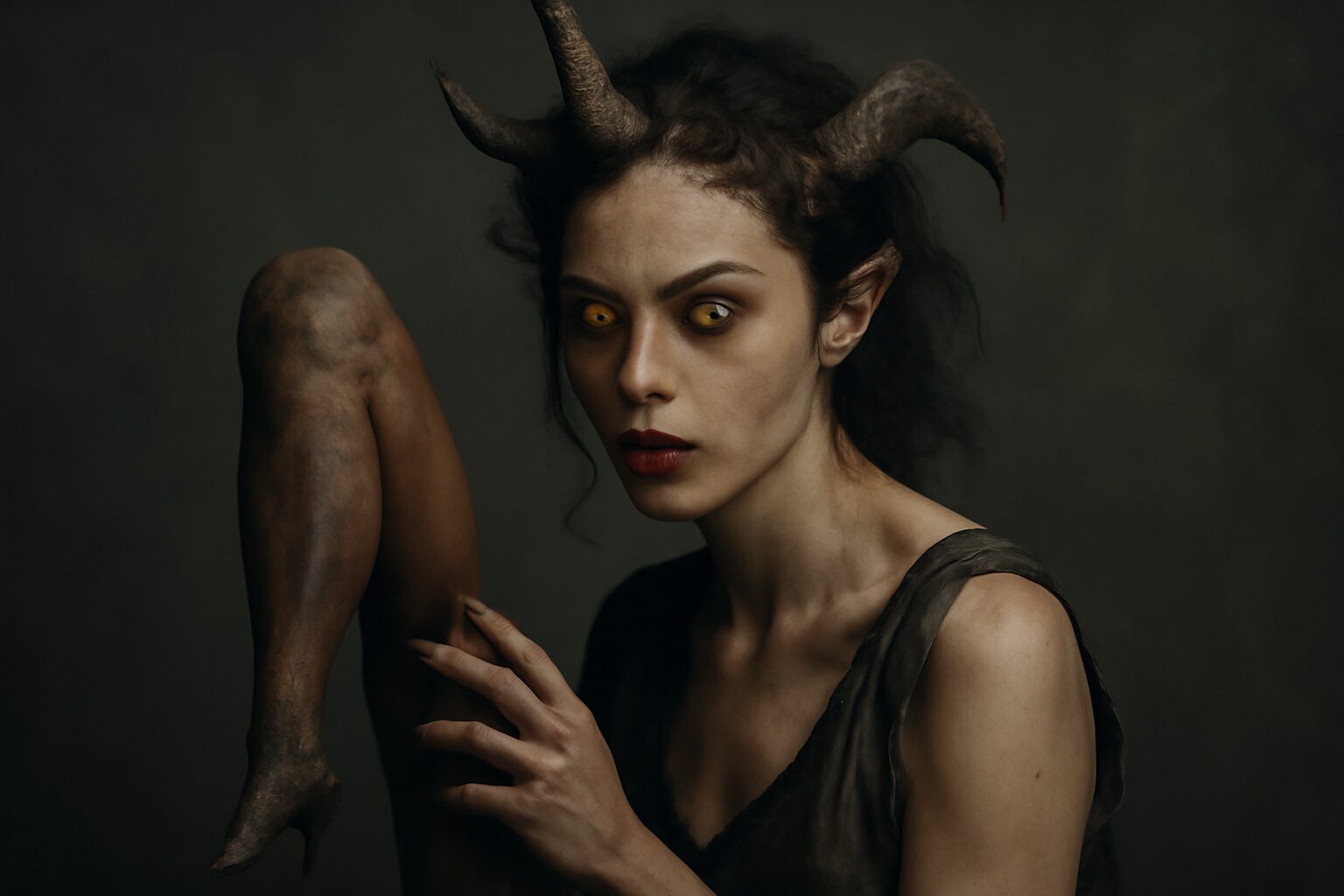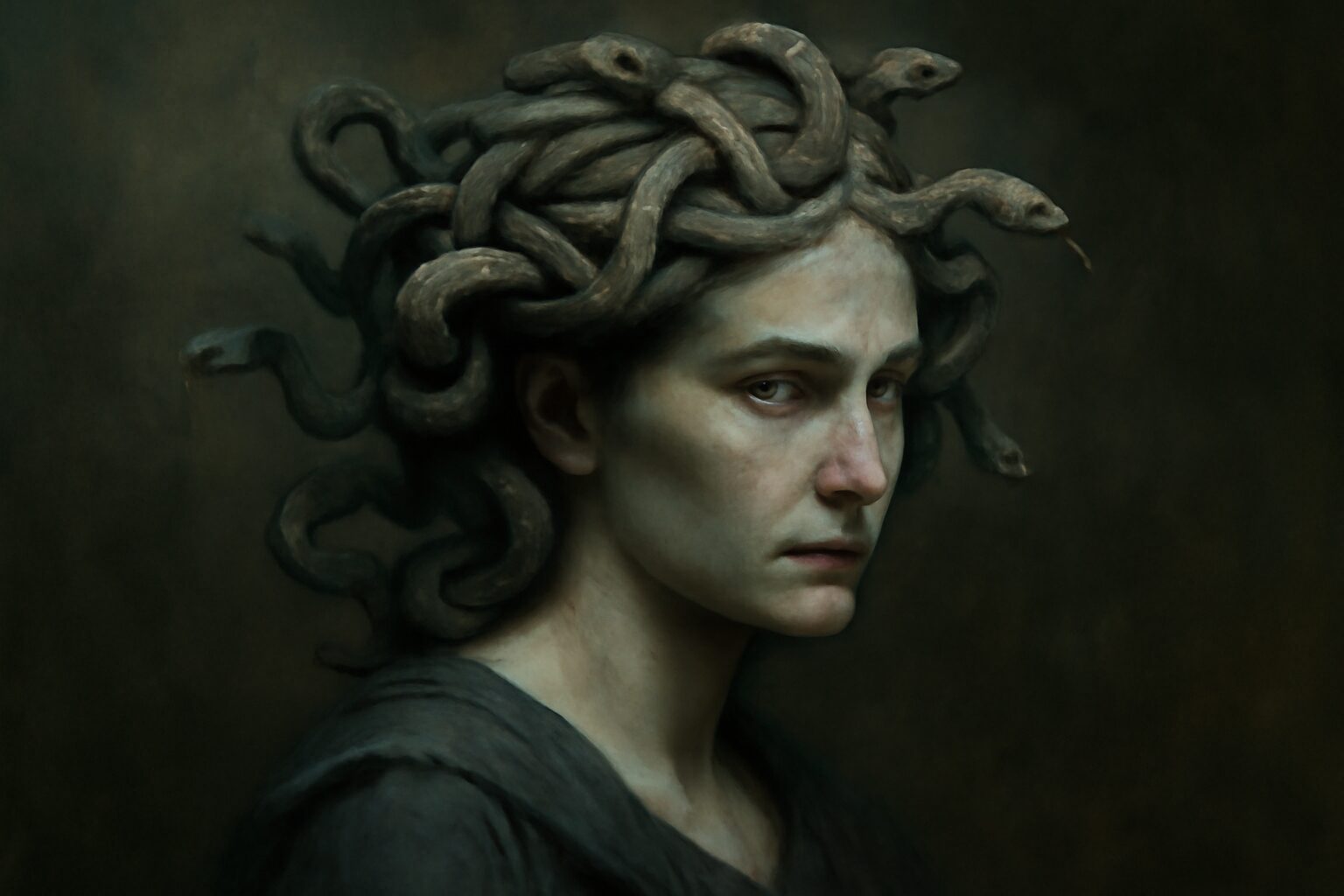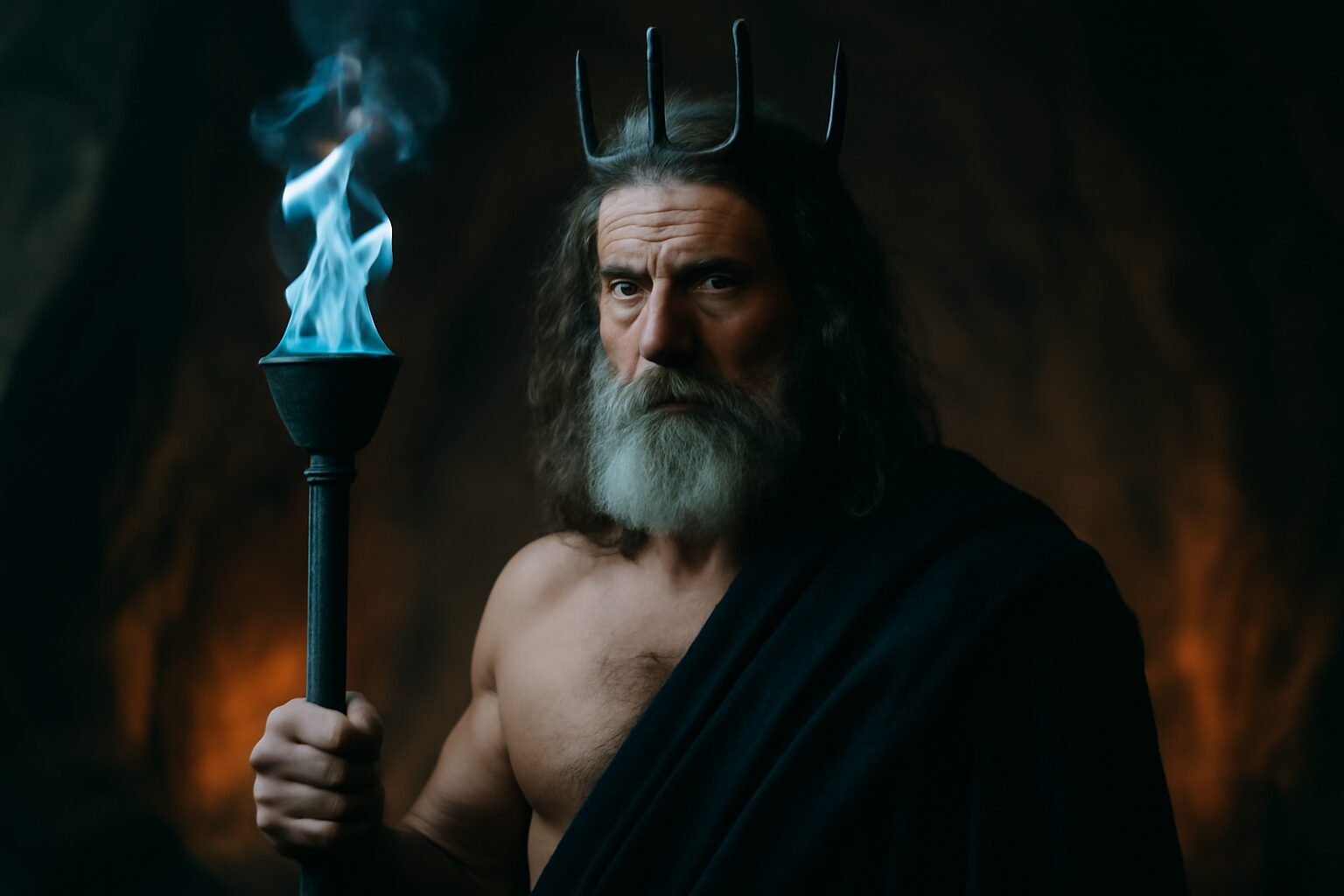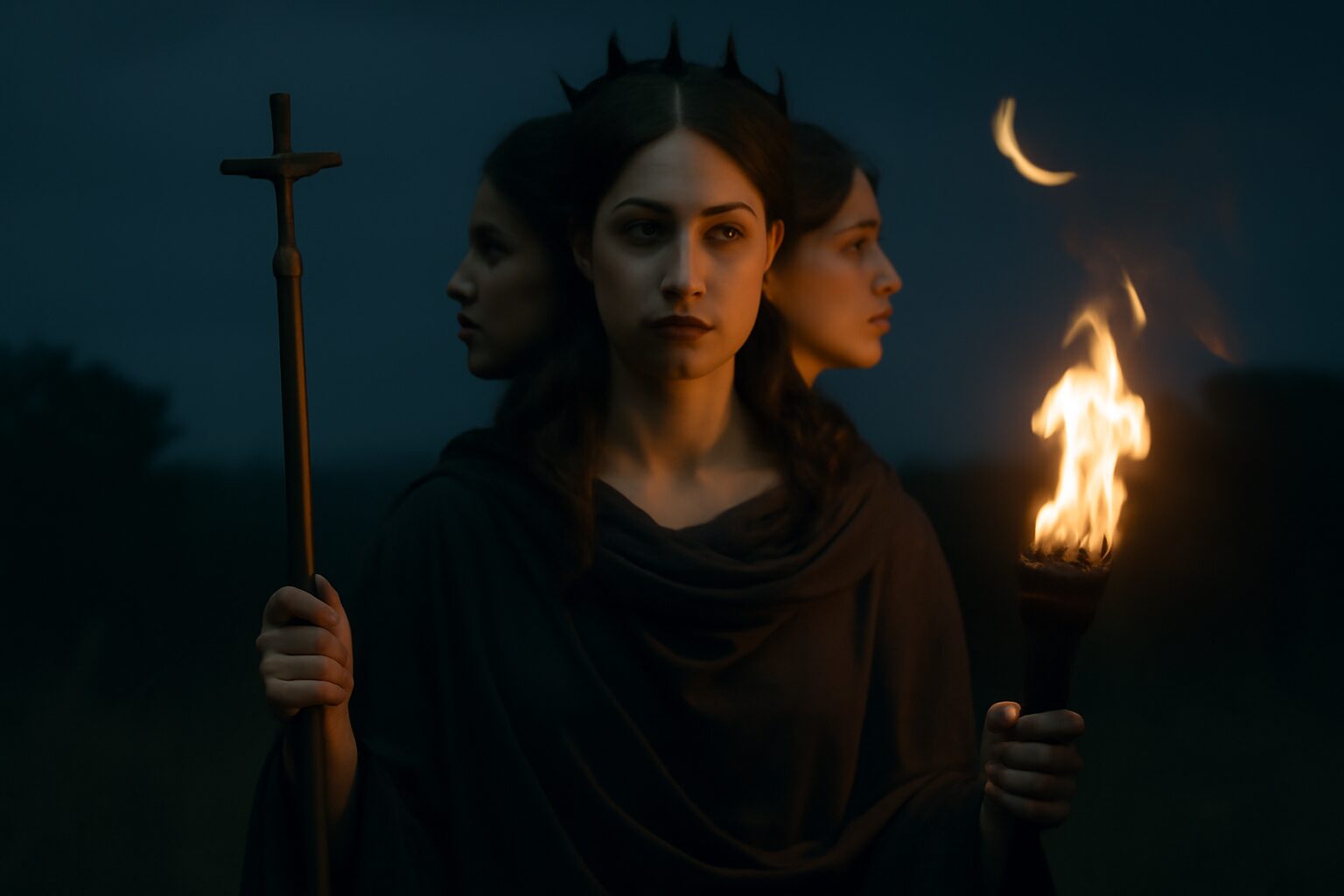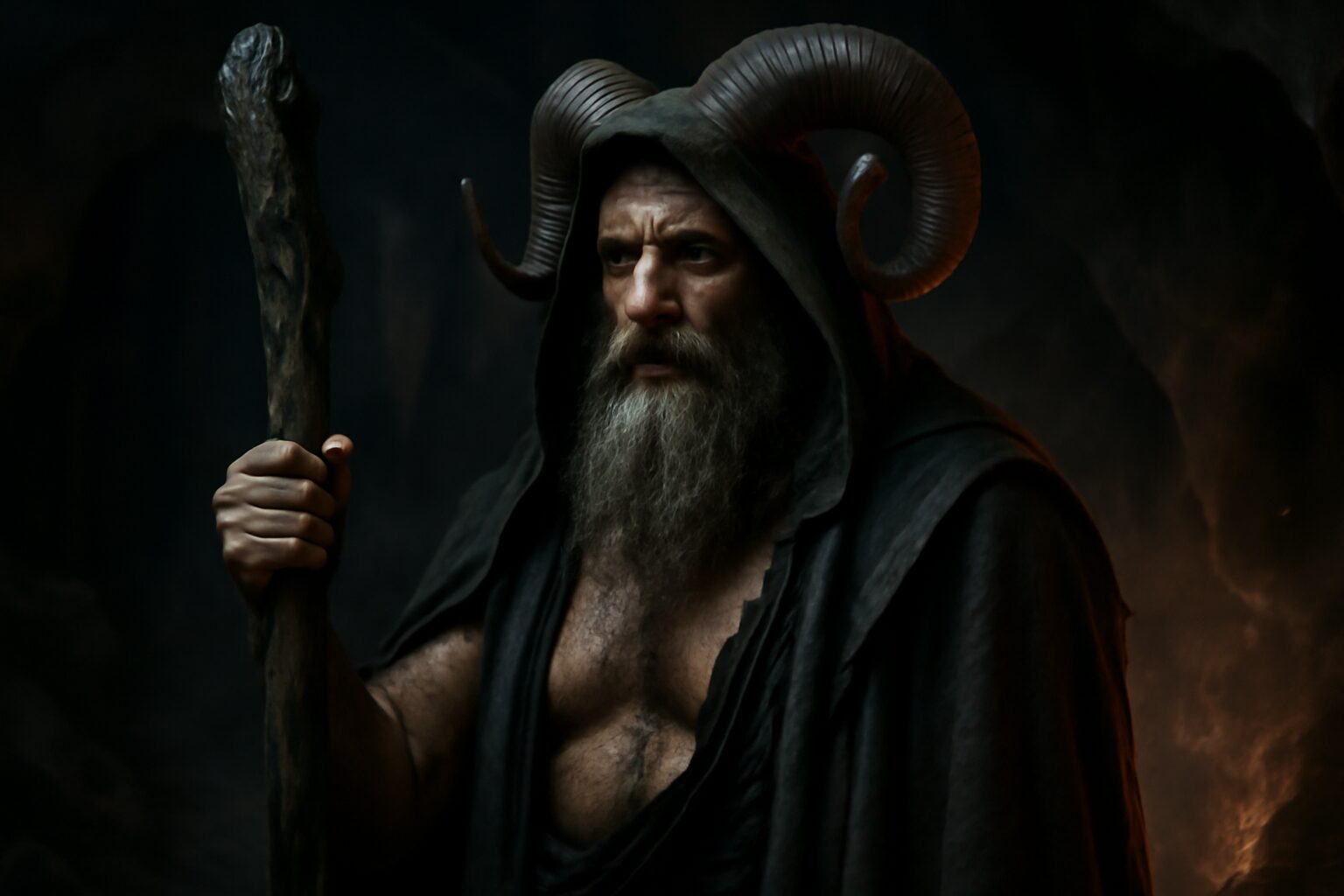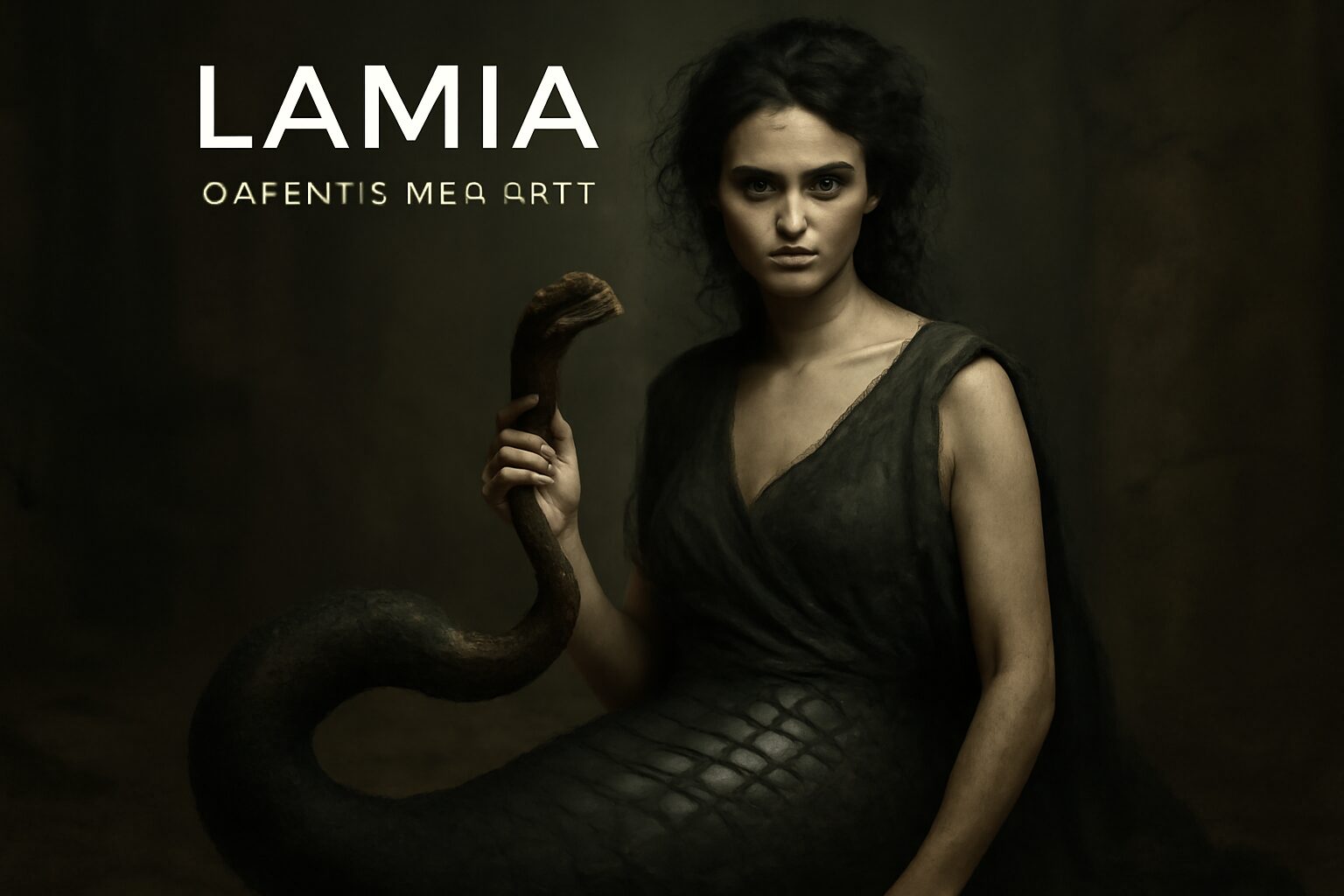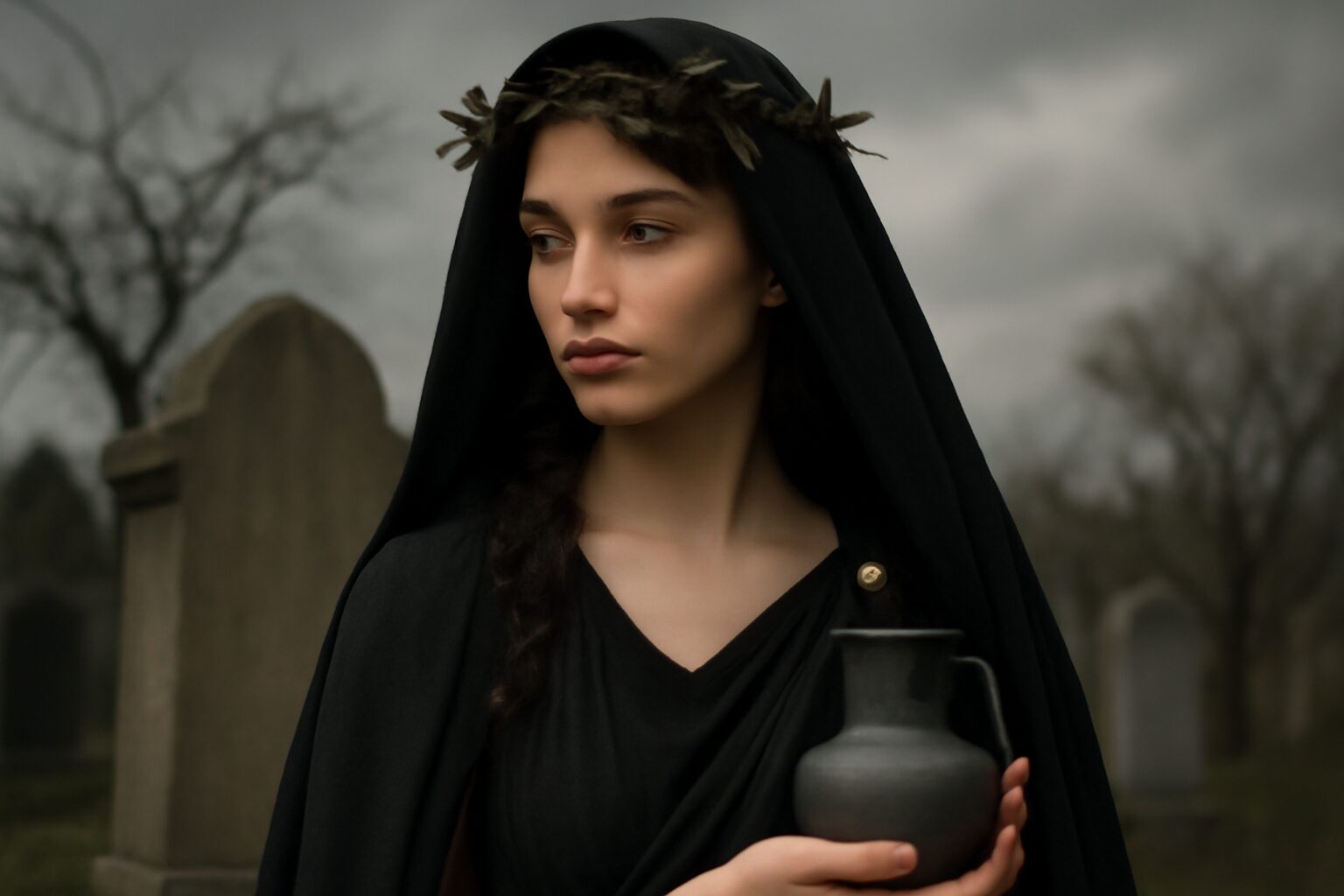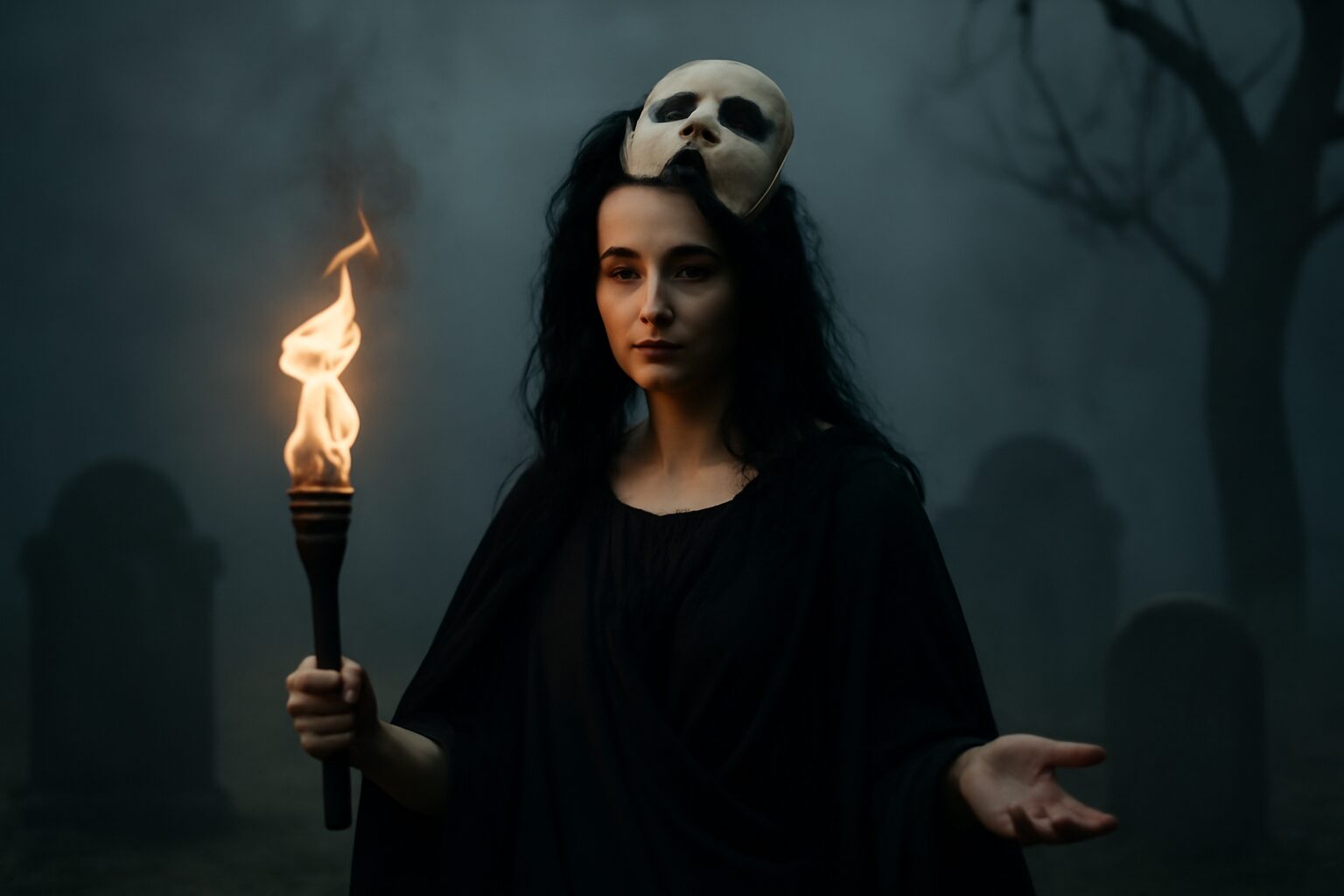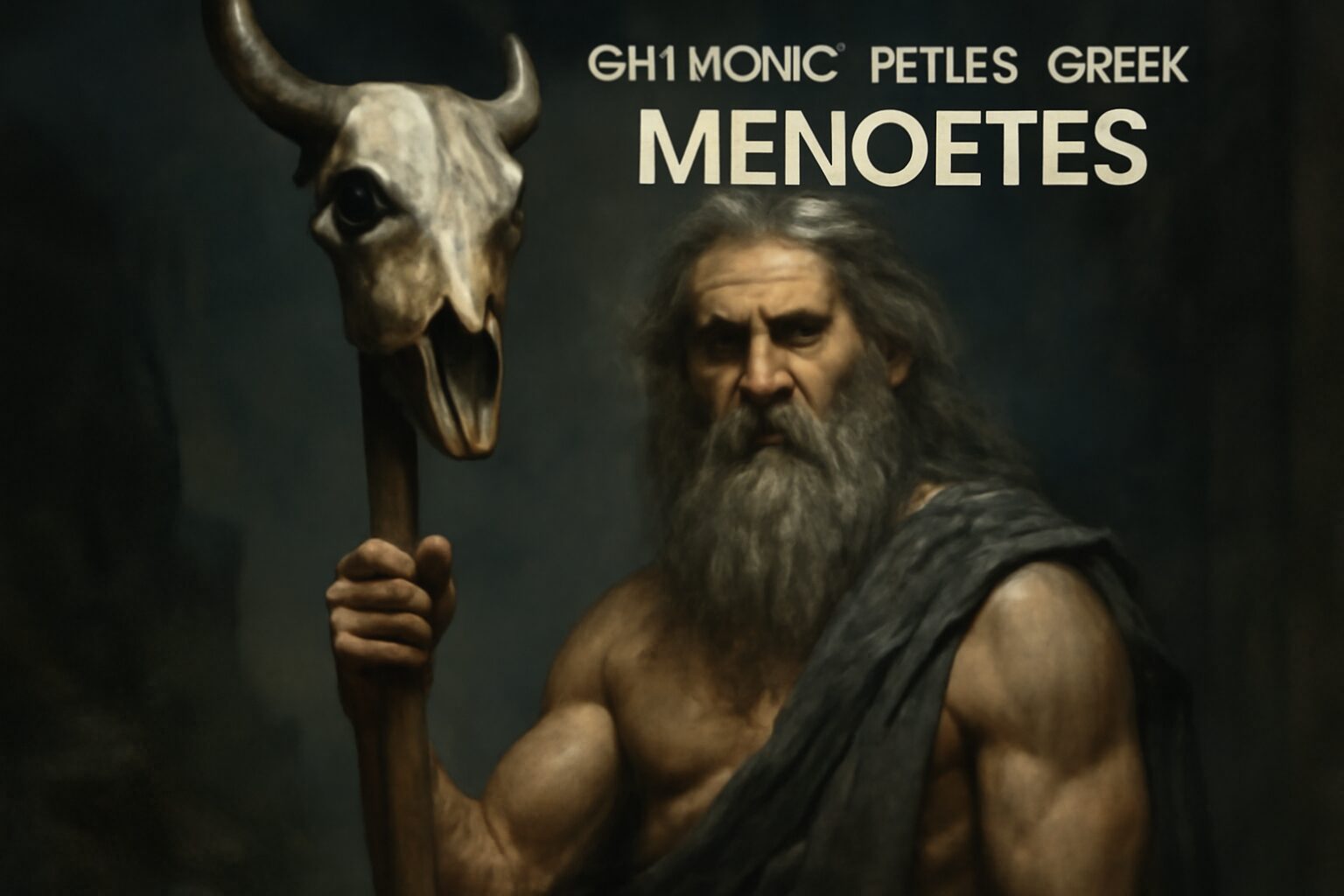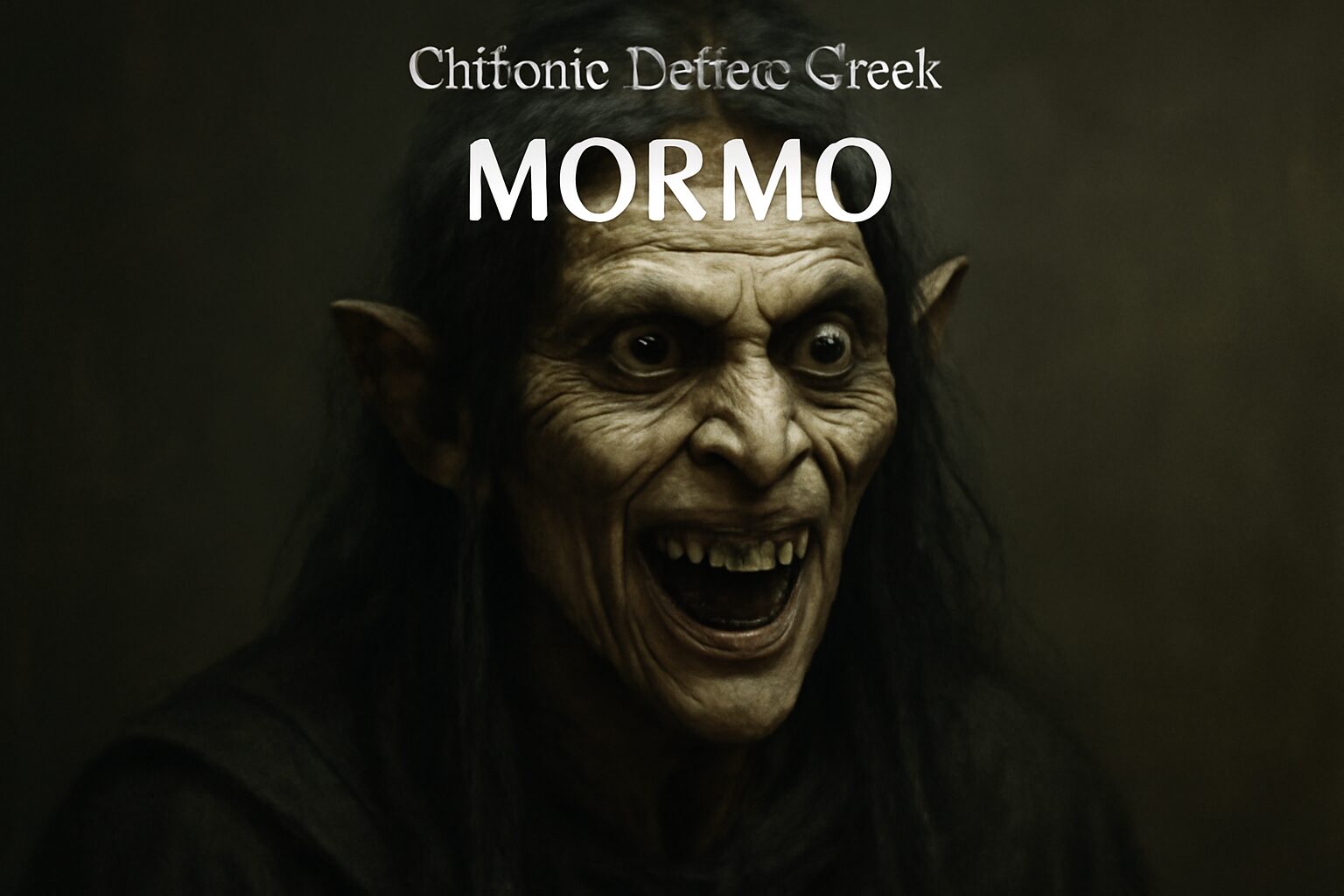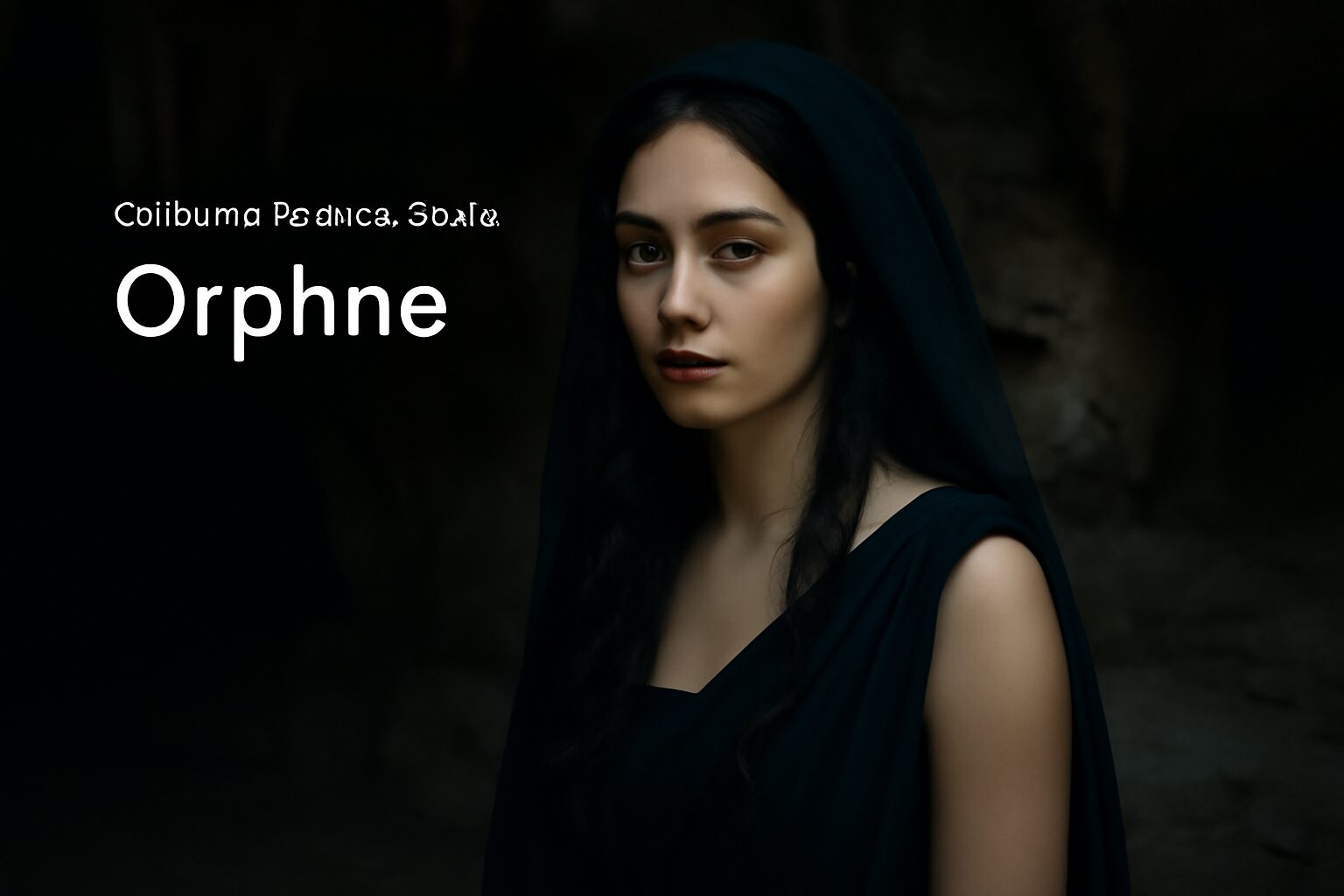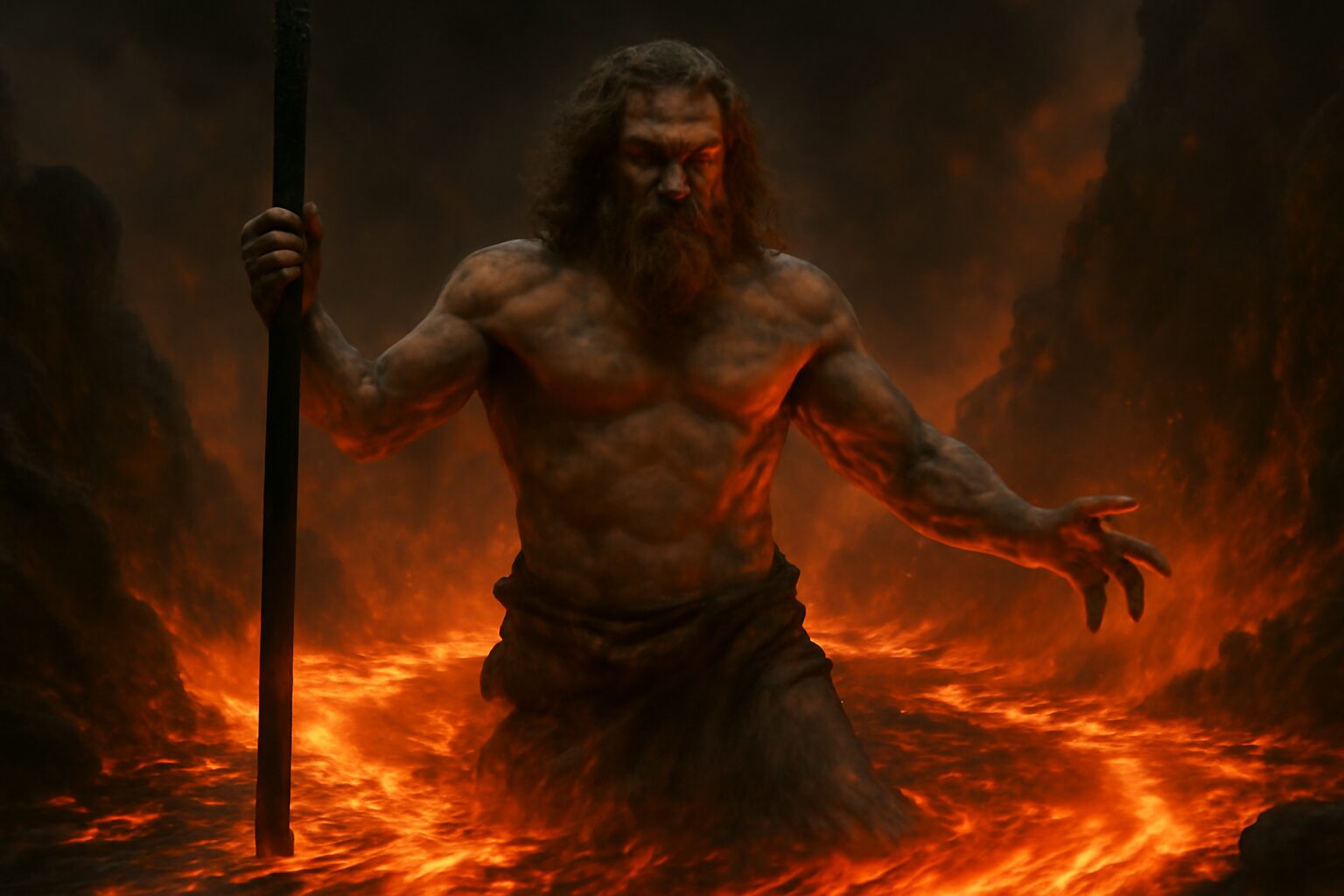Charon: The Ferryman of the Underworld
In Greek mythology, Charon is the enigmatic ferryman who transports the souls of the deceased across the rivers Acheron and Styx into the Underworld. A figure shrouded in mystery and dread, he plays a crucial role in the afterlife, ensuring the dead reach their final resting place—but only if they can pay the price.
The Role of Charon
Charon's duty was simple yet vital: he guided the shades (spirits) of the dead across the dark, treacherous waters separating the world of the living from Hades' realm. Ancient Greeks believed that without proper burial rites or a coin (obol) placed in the deceased's mouth as payment, souls would be left to wander the shores for a hundred years. This belief reinforced the importance of funeral customs in Greek culture.
Appearance and Nature
Often depicted as a grim, hooded figure with a skeletal or gaunt face, Charon was said to be the son of Erebus (Darkness) and Nyx (Night). His boat was described as a decrepit, shadowy vessel, reflecting the somber nature of his task. Unlike many Greek deities, Charon was not worshiped but feared—his presence marked an irreversible journey.
Mythological Encounters
Few living mortals crossed Charon’s path, but those who did—like Orpheus and Heracles—had to use cunning or divine intervention. In Virgil’s Aeneid, the hero Aeneas bribes Charon with a golden bough to gain passage. These myths highlight Charon’s inflexible nature—only the dead (or those with special permission) could board his boat.
Legacy and Symbolism
Charon’s imagery persists in modern culture, symbolizing the transition between life and death. His name even inspired the term “Charon’s obol,” referring to the burial coin tradition. Though not as prominent as gods like Zeus or Hades, Charon remains one of Greek mythology’s most haunting figures—a silent guardian of the boundary between worlds.
Alternative Names for Charon
God Name: Charun (Roman)
In Etruscan mythology, Charun was the equivalent of the Greek Charon, often depicted as a demonic figure who guided souls to the underworld. The name and role were later adopted into Roman mythology with slight variations.
God Name: Charun (Etruscan)
The Etruscan counterpart to Charon, Charun was a fearsome underworld deity who wielded a hammer and was associated with the passage of souls. The name and imagery differ slightly from the Greek version but serve a similar role.
God Name: Kharon (Greek (variant))
An alternative spelling of Charon in Greek, reflecting the original Greek pronunciation and transliteration. The name is derived from the Greek word 'charopu00f3s,' meaning 'of keen gaze,' referencing his role as a watcher of the dead.
Tales about Charon
Charon and Hermes: The Guide and the Ferryman
In the shadowy realm of the Underworld, Charon was the silent, steadfast ferryman, his oar cutting through the murky waters of the River Styx. One day, he received an unusual passenger: Hermes, the messenger god, who was escorting the soul of a hero to the afterlife. Hermes, known for his speed and wit, approached Charon’s boat with a cheerful demeanor, a stark contrast to the grim surroundings.
“Ho there, Charon! I’ve brought another soul for your collection,” Hermes said, his caduceus gleaming faintly in the dim light. Charon, ever stoic, merely extended a bony hand for the customary coin. Hermes, however, grinned. “Ah, but this one’s a bit special. Zeus himself has requested he receive a grand tour of the Underworld. No rushing today!”
Charon’s hollow eyes seemed to narrow, but he accepted the soul without a word. As they glided across the Styx, Hermes regaled Charon with tales of the world above—of mortal follies, divine intrigues, and the ever-changing seasons. For once, the journey felt less like a solemn duty and more like an adventure. Charon, though silent, found himself occasionally nodding, the ghost of a smile touching his lips. When they reached the far shore, Hermes clapped him on the shoulder. “Until next time, old friend. Keep the boat steady!”
This rare interaction reminded even the stern ferryman that even in death, there was room for a moment of lightness, courtesy of the gods’ most lively messenger. Occasionally, Charon also encountered other deities like Mania, the spirit of madness, whose frenzied souls he ferried with extra caution, and Keres, the death-spirits, who hovered near the shores awaiting the fallen. He even saw Lethe, the goddess of forgetfulness, whose waters flowed nearby, erasing memories of those who drank from them.
Charon and Persephone: A Seasonal Passage
Each year, as the seasons turned, Charon witnessed a unique event: the arrival and departure of Persephone, queen of the Underworld. Her biannual journey across the Styx marked the transition between winter and spring, a cycle that even the dead observed with bated breath.
One autumn, as the leaves above began to wither, Charon guided his boat to the mortal shore, where Persephone stood waiting, her expression a mix of resignation and grace. “Charon,” she greeted softly, her voice like a whisper of impending frost. “It is time to return.” He helped her into the boat, her presence bringing a strange, floral scent to the otherwise stagnant air.
During the crossing, Persephone spoke of the world she was leaving behind—the vibrant meadows, the blooming flowers, the warmth of the sun. Charon, though rarely one for conversation, listened intently. “Do you ever miss the light, Charon?” she asked. He shook his head slowly, his voice a low rumble. “The river is my home. But your journeys... they remind us that endings are also beginnings.”
When spring arrived, he ferried her back to the living world, her step lighter, her smile genuine. As she disembarked, she left behind a single pomegranate seed on the seat—a small token of gratitude. Charon pocketed it, a rare treasure in his bleak existence. This annual ritual became a silent bond between the ferryman and the queen, a testament to the cycles of life, death, and rebirth that even the Underworld could not escape. At times, Charon also observed Penthus, the personification of grief, mourning lost souls along the banks, and Hypnos, the god of sleep, whose influence eased the transition for many weary spirits into the realm of Hades.
Frequently Asked Questions
Who is Charon in Greek mythology?
Charon is the ferryman of the underworld in Greek mythology. He transports the souls of the deceased across the rivers Styx and Acheron, which separate the world of the living from the underworld. Payment in the form of a coin was placed in the mouth of the dead to pay for his service.
What are Chthonic deities in Greek mythology?
Chthonic deities are gods or spirits associated with the underworld, earth, or the afterlife in Greek mythology. They are often connected to death, fertility, and the hidden aspects of the earth. Examples include Hades, Persephone, and Hecate.
Why is Charon important in Greek mythology?
Charon plays a crucial role in Greek mythology as the gatekeeper between life and death. His role emphasizes the ancient Greeks' beliefs about the afterlife, the journey of the soul, and the importance of proper burial rites to ensure safe passage to the underworld.
How do Chthonic deities differ from Olympian gods?
Chthonic deities are associated with the underworld and earth, while Olympian gods rule over the sky, heavens, and human affairs from Mount Olympus. Chthonic deities are often linked to darker, more mysterious aspects of life, whereas Olympians are more connected to order, civilization, and visible phenomena.
What can we learn from the myth of Charon today?
The myth of Charon teaches us about ancient Greek views on death, morality, and the afterlife. It reflects cultural practices like placing coins on the dead and highlights universal human concerns about what happens after death, making it a timeless story that still resonates today.

